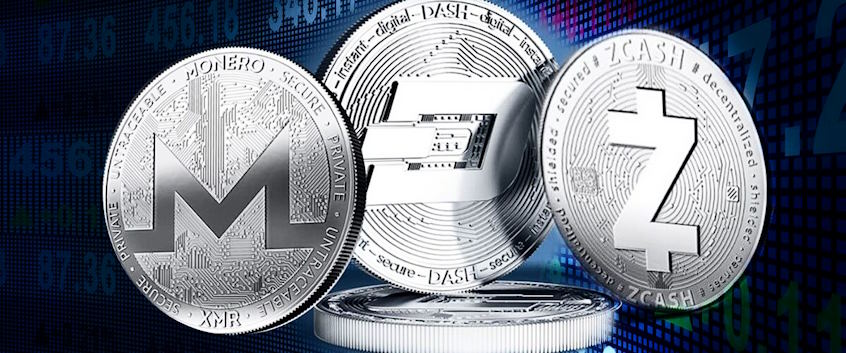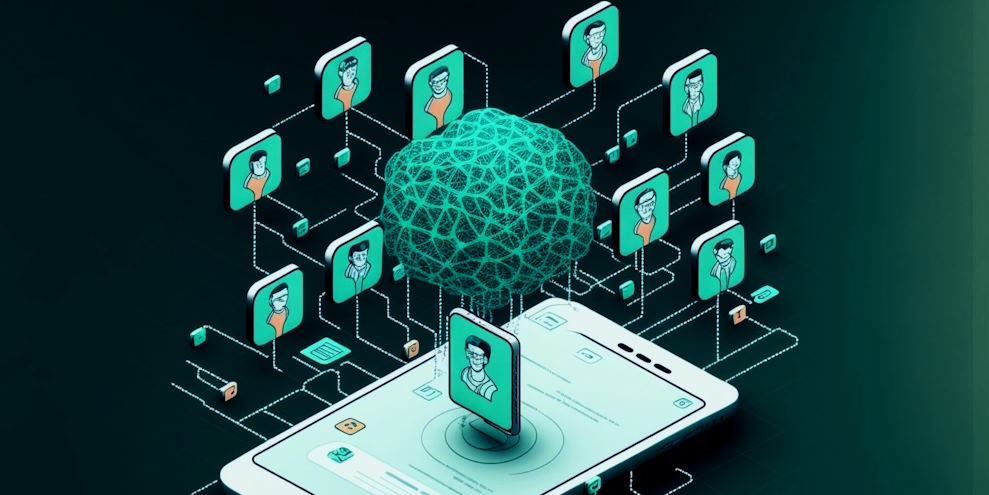Data Security Challenges in Healthcare
Healthcare organizations deal with vast amounts of sensitive patient data, including medical records, personal information, and financial details. Traditional methods of storing and managing this data, such as centralized databases, are prone to various security vulnerabilities, including data breaches, unauthorized access, and tampering. These security breaches compromise patient privacy and lead to financial losses and reputational damage for healthcare providers.
How Blockchain Enhances Data Security
Blockchain technology introduces a paradigm shift in data security by leveraging its core principles of decentralization, transparency, and immutability. Here’s how blockchain enhances data security in healthcare:
Decentralization
Unlike traditional centralized systems where data is stored in a single location, blockchain distributes data across a network of computers called nodes. Each node contains a copy of the entire blockchain, ensuring redundancy and eliminating a single point of failure. This decentralized architecture makes it extremely difficult for hackers to compromise or alter the data.
Immutable and Transparent
Once data is recorded on the blockchain, it becomes virtually immutable, meaning it cannot be modified or tampered with without detection. Any changes to the data would require consensus from most of the network, making fraudulent activities highly improbable. The transparent nature of blockchain allows for auditing and traceability of all transactions, ensuring accountability.
Data Encryption
Blockchain employs advanced cryptographic techniques to secure data. Patient data stored on the blockchain is encrypted, making it extremely challenging for unauthorized individuals to access or decipher the information. Encryption algorithms and private and public key cryptography protect patient data from unauthorized access.
Access Control and Consent Management
Blockchain gives patients greater control over their data. Patients can determine who can access their data through smart contracts and for what purpose. They can grant or revoke access permissions, ensuring their data is only accessible to authorized parties. This approach gives patients more agency in managing their healthcare information and enhances privacy.

Benefits of Blockchain in Healthcare
The adoption of blockchain technology in healthcare brings several benefits beyond data security:
Improved Interoperability
Healthcare systems often struggle with interoperability, hindering the seamless exchange of patient information between providers. Blockchain facilitates secure and standardized data exchange, ensuring patient data is accessible across healthcare organizations and systems.
Enhanced Data Integrity
With blockchain, healthcare organizations can maintain an audit trail of all data transactions, providing a transparent and tamper-proof record of activities. This feature enhances data integrity, making identifying and rectifying discrepancies or errors easier.
Streamlined Clinical Trials and Research
Blockchain can streamline the process of conducting clinical trials and research studies. Researchers can ensure data authenticity, integrity, and traceability by securely storing consent forms, patient data, and trial results on the blockchain.
Efficient Claims Processing
Blockchain can simplify and automate the claims processing system by securely storing patient insurance information and streamlining the verification and reimbursement process. It reduces administrative costs, minimizes errors, and expedites claim settlements.






